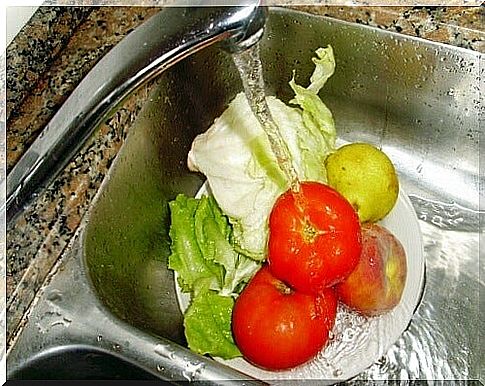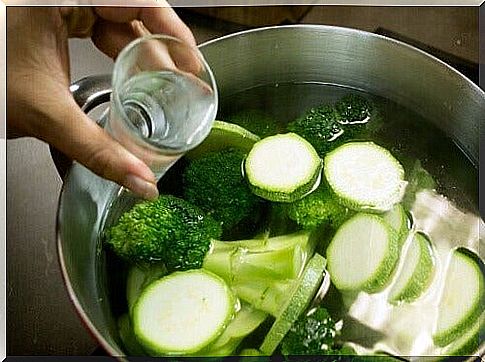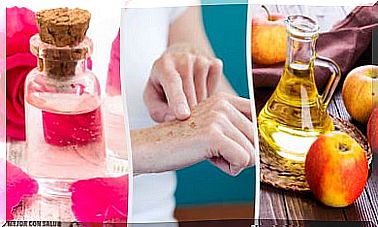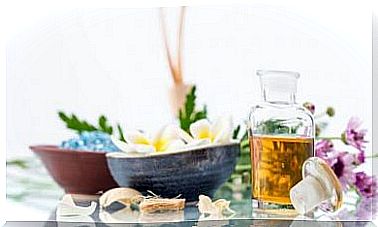Tips And Recommendations For Washing Fruits And Vegetables

Eating fruits and vegetables is essential to staying healthy. These foods provide us with the nutrients our body needs to perform important functions. In addition, they contribute to a healthy immune system that protects us from disease.
The very best is to ingest fruit in its natural raw state. Or in juices that do not contain additives or preservatives. Some vegetables are also better raw, while others should be steamed or boiled in a little water to extract the healthy nutrients.
These foods offer countless health benefits, but outdoor cultivation often involves a lot of environmental pollution. In addition to this, many pesticides and chemicals are used on farms. And even in the store, they come in contact with new bacteria through the hands of store employees and potential buyers.
Methods for washing and disinfecting fruits and vegetables
- Vinegar is one of the best disinfectants for fruits and vegetables. The vinegar also contains antioxidants, which eliminate harmful bacteria from the surface and give longer shelf life. Add a cup of vinegar to a bowl of water and let the vegetables soak in the mixture for 20 minutes before use.
- Mixing vinegar with lemon can help preserve fruit in a healthy way. Combine equal amounts of vinegar, water and lemon juice and pour into a spray bottle. Then spray the fruit with this and let it soak for 10 minutes before cleaning with clean water.
- Natural soaps are also good disinfectants, but use them in small amounts. Always remember to clean well after use to remove all residues that can change the taste.
- You can mix water with 5 drops of tea tree oil and soak fruits and vegetables in it for a few minutes to disinfect them. Dry them thoroughly afterwards.
Recommendations to keep in mind

- To avoid traces of bacteria, you must wash each food thoroughly before eating it. You must make sure that the bowls and utensils are washed and free of bacteria before you start cooking. Also, remember to wash your hands thoroughly before you begin.
- Avoid using chemicals and hot water when cleaning fruits and vegetables. This can remove some of the nutrients.
- It is not always a good idea to peel every single fruit and vegetable before eating them. Because there are nutrients in the shell that are important for health. On the other hand, you should always wash vegetables that you have peeled because the bacteria that are on the outside can sometimes spread to the meat inside.
- When washing vegetables such as lettuce and cabbage, always throw away the outer leaves. This is where most of the bacteria accumulate. You should also wash each leaf separately to eliminate any presence of insect waste or chemicals.
- It is very important to make sure that the fruits, vegetables and other foods you eat are completely free of bacteria that can cause infections or disease. Eating fruit that has not been thoroughly cleaned can lead to harmful effects and digestive problems. And thus cause diarrhea or food poisoning. It is therefore important to always practice good hygiene during disinfection and food preparation.
Finally:
Raw fruits and vegetables provide the body with a lot of nutrients such as proteins, minerals, vitamins and other compounds that can be lost during cooking. However, contact with chemicals and bacteria can drain out these nutrients, and it is therefore better to follow our recommendations to remove the harmful substances in a healthy and correct way.









